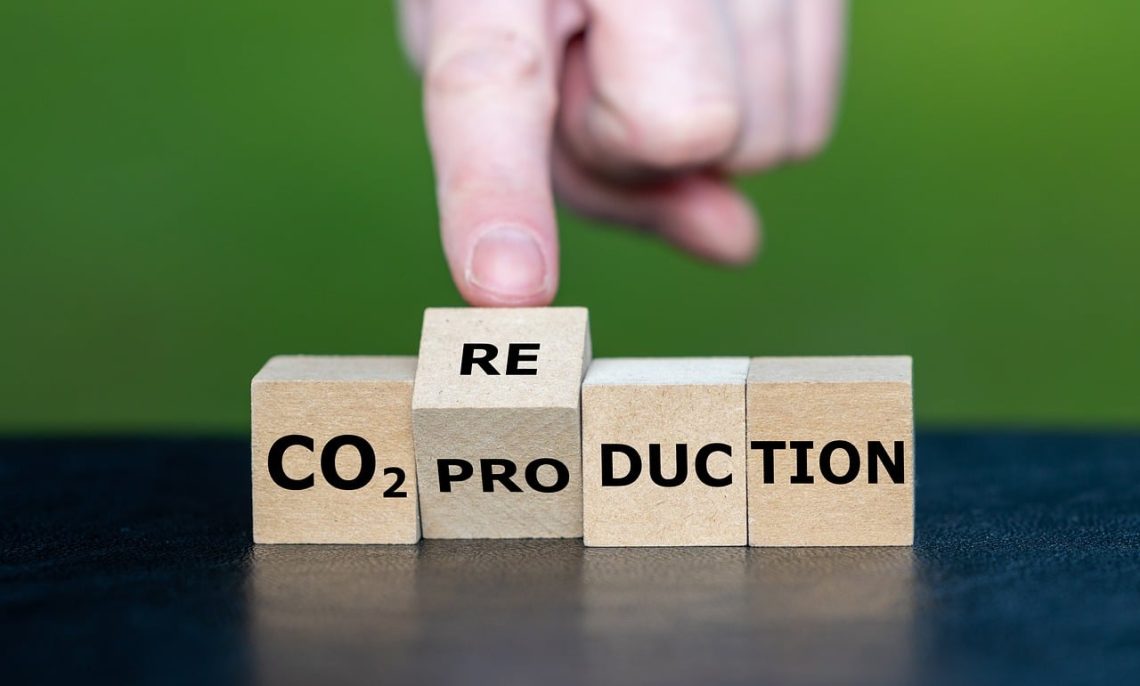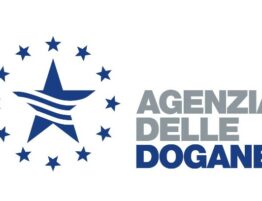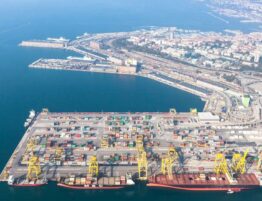
The CBAM Regulation has introduced a new import tax for various goods from non-EU countries and it has indirectly resulted in additional administrative costs for the entities involved.
CBAM: what it is and how it works
With Regulation (EU) 2023/956, a new tax revenue was introduced to the European Union’s budget, based on the so-called “Carbon Border Adjustment Mechanism” referred to as CBAM.
This regulation was later supplemented by Implementing Regulation (EU) 2023/1773.
The new environmental tax aims to ensure that efforts to reduce greenhouse gas emissions within the EU are not undermined by a simultaneous increase in emissions outside its borders for goods produced in non-EU countries and then imported. The CBAM mechanism, therefore, sets a price for emissions embedded in the products of certain industries, comparable to that borne by EU producers under the current EU Emissions Trading System (EU ETS).
From an operational perspective, the new Regulation applies to carbon-intensive goods, requiring importers to purchase CBAM certificates to offset emissions produced during the manufacturing process.
The goods to which the duty applies are listed in Annex I of Regulation 2023/956 and, in summary, include: cement and cement products, electricity, mineral and chemical fertilizers, iron and steel products, aluminum products, hydrogen, and extend to specific intermediates or final items derived from these goods, such as liquefied natural gas, gasoline, fuel oil, synthetic rubber, plastics, lubricants, antifreeze, fertilizers, and pesticides.
The Regulation provides for two phases of implementation:
- The “transitional phase”, starting from the regulation’s entry into force (October 1, 2023), and ending on December 31, 2025. During this period, the tax will not apply to imported goods; however, information on the quantities of products entering the market that are subject to CBAM will be collected, including the evaluation of embedded emissions. At this stage, the national competent authorities will start the work of authorizing the obliged entities (in Italy, this is handled by the Ministry of Environment and Energy Security).
- The “definitive phase” will begin on January 1, 2026, when the mechanism will be fully operational. According to the Regulation, the first CBAM declaration for goods imported in 2026 shall be submitted by May 31, 2027.
During the transitional phase, the operators identified in Article 2 of the Implementing Regulation will be required to collect data on a quarterly basis and transmit it to the Commission.
Specifically, those required to report are:
- importers;
- the person, holding an authorization to lodge a customs declaration referred to in Article 182(1) of Regulation (EU) No 952/2013 of the European Parliament and of the Council (10), who declares the importation of goods;
- in certain cases, indirect customs representatives.
In the transitional phase of CBAM, the declarants are obliged to submit CBAM reports quarterly. This means that starting from October 1, 2023, they shall submit CBAM reports to the CBAM Transitional Registry by the end of the month following the end of each quarter.
From January 1, 2026, when the operational phase begins, the interested parties (importers), in addition to being qualified as “CBAM declarants”, are required to submit reports not quarterly but annually: the first CBAM declaration for the 2026 calendar year should be submitted by May 31, 2027 (recital 45 of the Regulation (EU) 2023/756).
Final considerations
Despite the complexity of the regulation in question, it is undeniable that, in a market where globalization is an essential prerequisite, these provisions will significantly affect the operations of (mainly) small and medium-sized Italian businesses. It is reasonable to assume that many of these businesses will not have the necessary resources to manage the obligations imposed by the new regulation independently. Consequently, market operators will be forced to outsource the reporting activities (incurring the associated costs) or even modify their production cycles by changing suppliers.
Federico Tassinari, Junior Partner – federico.tassinari@studiozunarelli.com







